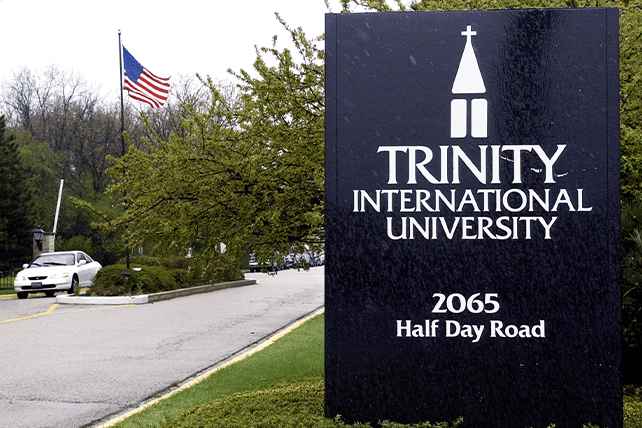3. Churches Have Trained Their Own Staff
One of the largest trends that has impacted seminaries is churches moving away from requiring theological education. Many churches have been providing the training they need in house. While in-house training offers practical ministry skills, and many churches over the last few decades adopted a “do it at home” mentality, the complexity of the world—and the questions people are asking—is causing some to reconsider that approach. And, honestly, many less-theologically oriented churches have now seen that church-based training often provided great practical skills, but it did not provide the comprehensive biblical and theological foundations that an intentional theological education experience provides.
Transparently, we believe that in today’s complex cultural and philosophical landscape, a robust theological education is more essential than ever. However, seminaries have learned that we can’t do that alone—we need to be closer to the church, just as the church needs to be closer to the seminary.
Seminaries experiencing growth are therefore collaborating closely with local churches. At Talbot, we’re launching regional cohorts in cities like Seattle, Las Vegas, Phoenix, San Diego, and other locations to be announced, embedding theological education within local church contexts. To do so, we will not build campuses in those places, but create cohorts (in partnership with churches) using hybrid classes so that students come for modular classes with peers, and continue the work online.
This strategy fosters community and contextual learning, equipping students to address contemporary challenges effectively.
Looking Ahead: Collaboration for a Sustainable Future
The future of theological education is at a crossroads. Institutions like TEDS merging with TWU, program closures at many schools, and declining enrollments signal a pressing need for seminaries and churches to collaborate intentionally. By valuing and integrating theological education within the life of the church, we can ensure the preparation of well-equipped leaders for the challenges ahead.
Furthermore, this is also connected to orthodoxy. Seminaries that thrive will have close connections to churches—and churches are looking for seminaries they can trust. Theological education may need to adapt in format and medium of delivery, but it must not drift from being Jesus-centered and biblically rooted, with an unchanging urgency to proclaim the gospel to the whole world.
We need the church leaders of tomorrow to be theologically rooted and culturally nimble— men and women who can think theologically and lead missionally in rapidly changing cultures. As seminaries, we need to embody this beautiful blend of unflinching conviction and agile innovation.
At Talbot, we are committed to praying for (and believing in) our sister institutions during these transitions—we want them to be faithful and fruitful. So, our prayers and support are with TEDS and TWU as they navigate this new chapter.
Simultaneously, this defining moment invites all stakeholders in theological education to reflect, adapt, and work together toward a vibrant and sustainable future.

